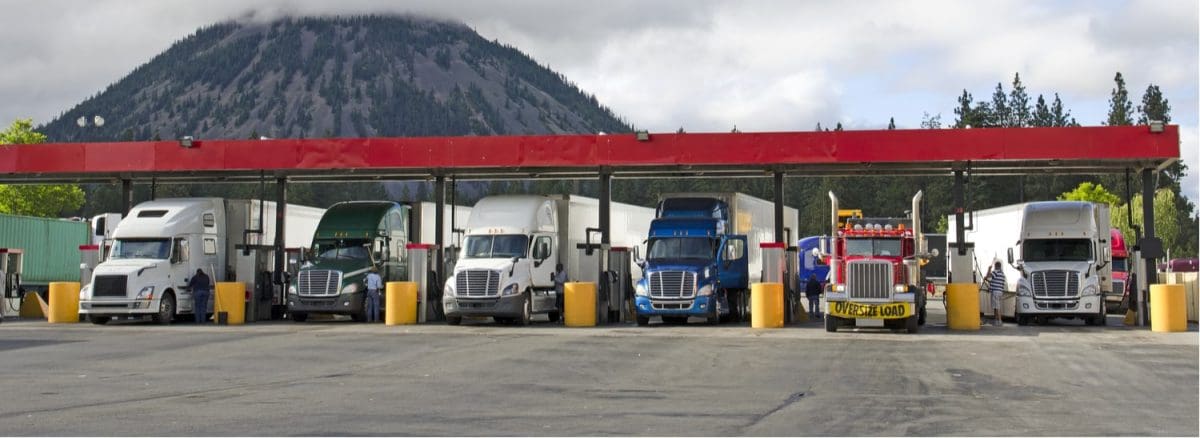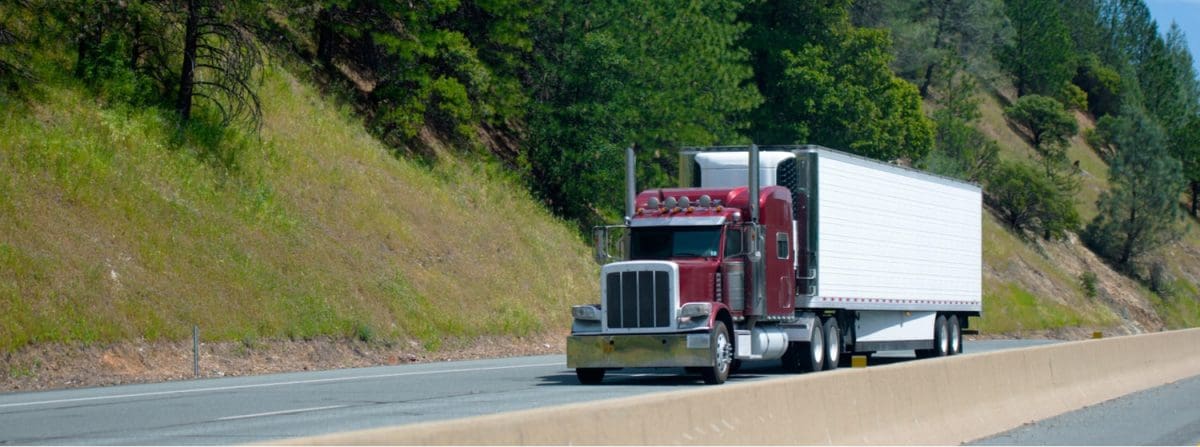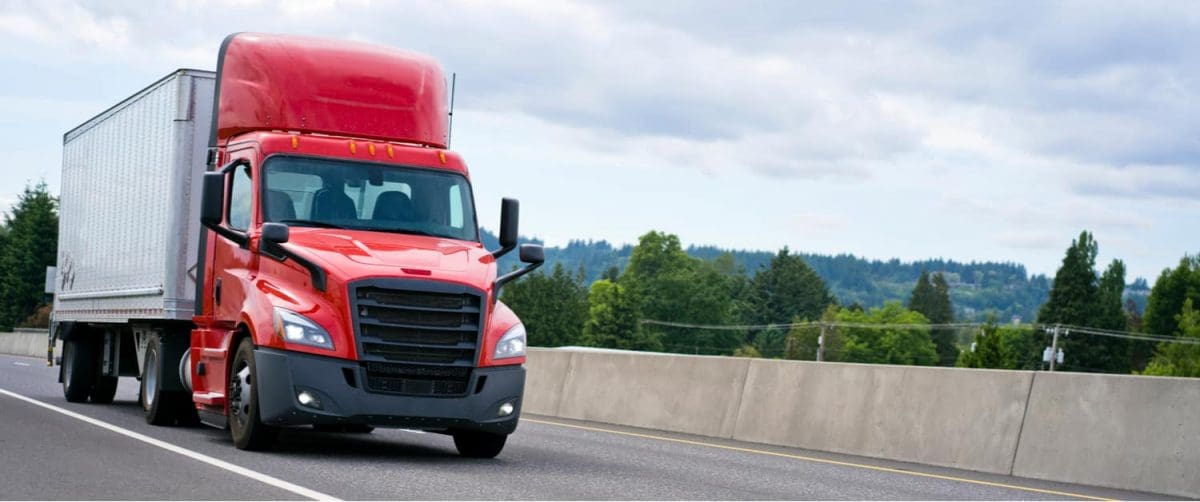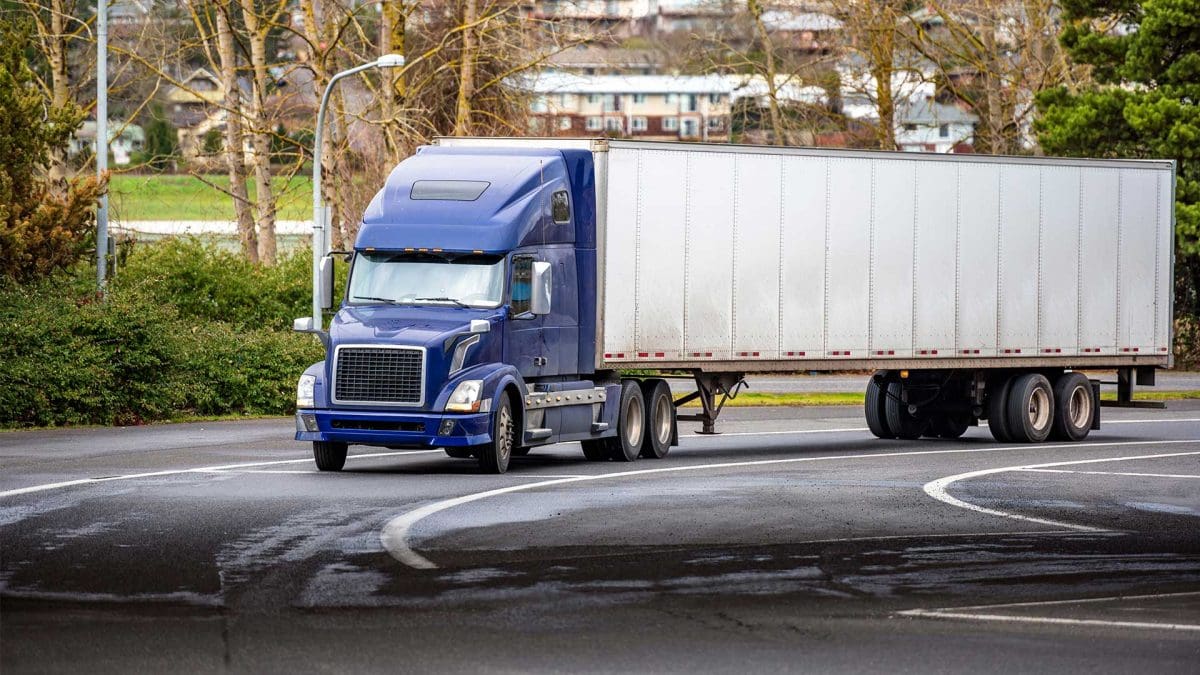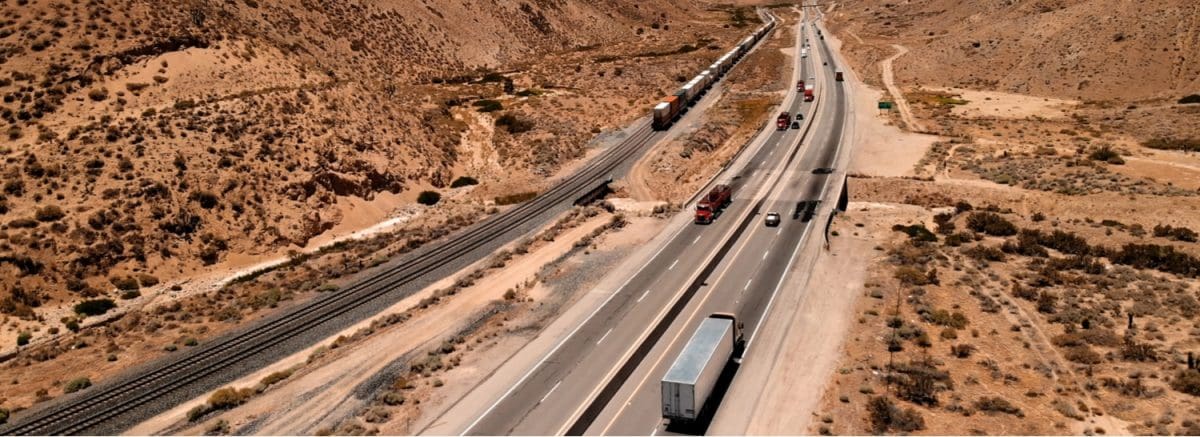Knowing what you can do to help yourself succeed is one of the most important things that will influence your driving career. If you avoid unreasonable expectations and focus on doing a good job, you will find that things usually work out for the best. Following these simple steps can help you set yourself up for success as a CDL driver.
Find your Niche
There are many different ways to make a living as a CDL driver. Choosing the right type of trucking that will fit within your lifestyle is important to finding a job that you truly enjoy. You will need to choose the type of truck you want to drive, the freight you want to haul, and the distances you want to cover.
Each of these decisions comes with its own challenges, perks, and pay. This is not to say that once you have made that decision you are locked into it for life. CDL jobs come in all shapes and sizes and because of this you do not have to give up your career to be happy. Instead you can modify it to fit your needs.
Your Attitude Matters
Everyone wants to be happy in their job and truckers are no different. We have found that one of the biggest factors in determining your happiness is your own personal attitude and work ethic. As a truck driver you will need to wear a lot of hats and experienced trucking companies take the time to determine which drivers are cooperative, hard-working, reliable, and resourceful. The drivers who get tons of freight, enjoy the company they work for, and are happy in their career are often the ones with the most disciplined and responsible work ethic. Your trucking company wants a driver that will get the job done safely and efficiently.
Learn About Your Company
Another factor for determining job happiness is how well you fit within your company. No carrier is perfect, so it is important to have realistic expectations. It is also helpful to take time to understand the company you work for and the trucking industry in general.
Practicing good communication skills is one way to accomplish this. Get to know those you work with and surround yourself with the right people. Once you have done this, you need to communicate with them in a positive way. Patience will go a long way in your day-to-day interactions. Learning to take the good with the bad will help keep you focused on the right path.
Continue to Learn Every Day
Every day at your job is an opportunity to learn and the most successful drivers never stop educating themselves. As a CDL driver, you will need to learn how to handle your truck skillfully. You will also be responsible for staying up to date with all the changes in trucking regulations.
You should also know the factors that go into determining what type of freight you will be hauling. These include the economy, the time of the year, the region you are in, your ability as a driver, and your company’s freight lines.
Become a CDL Driver for DSW
At DSW, we are always looking for top-quality CDL drivers. We provide our truckers with excellent equipment, great weekly pay, and benefits like health, dental, and vision insurance. You get big freight while enjoying the atmosphere of a family-owned company. Whether you are a recent CDL school graduate, experienced truck driver, or are looking to become or already are an owner-operator, we have the right placement for you. We provide tuition reimbursement for those who qualify, paid training, team matching, and express orientation so you can get on the road and start earning right away.




